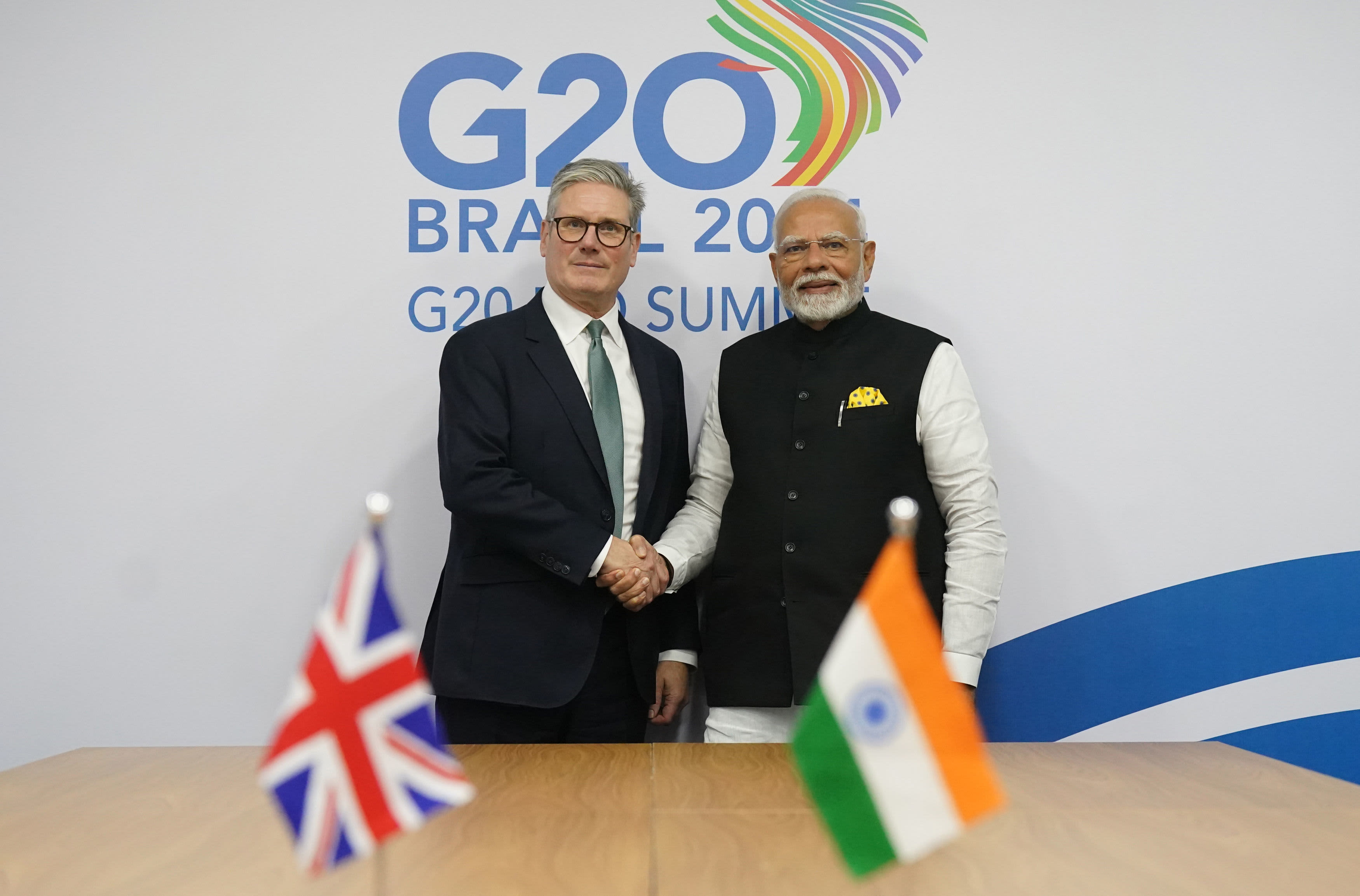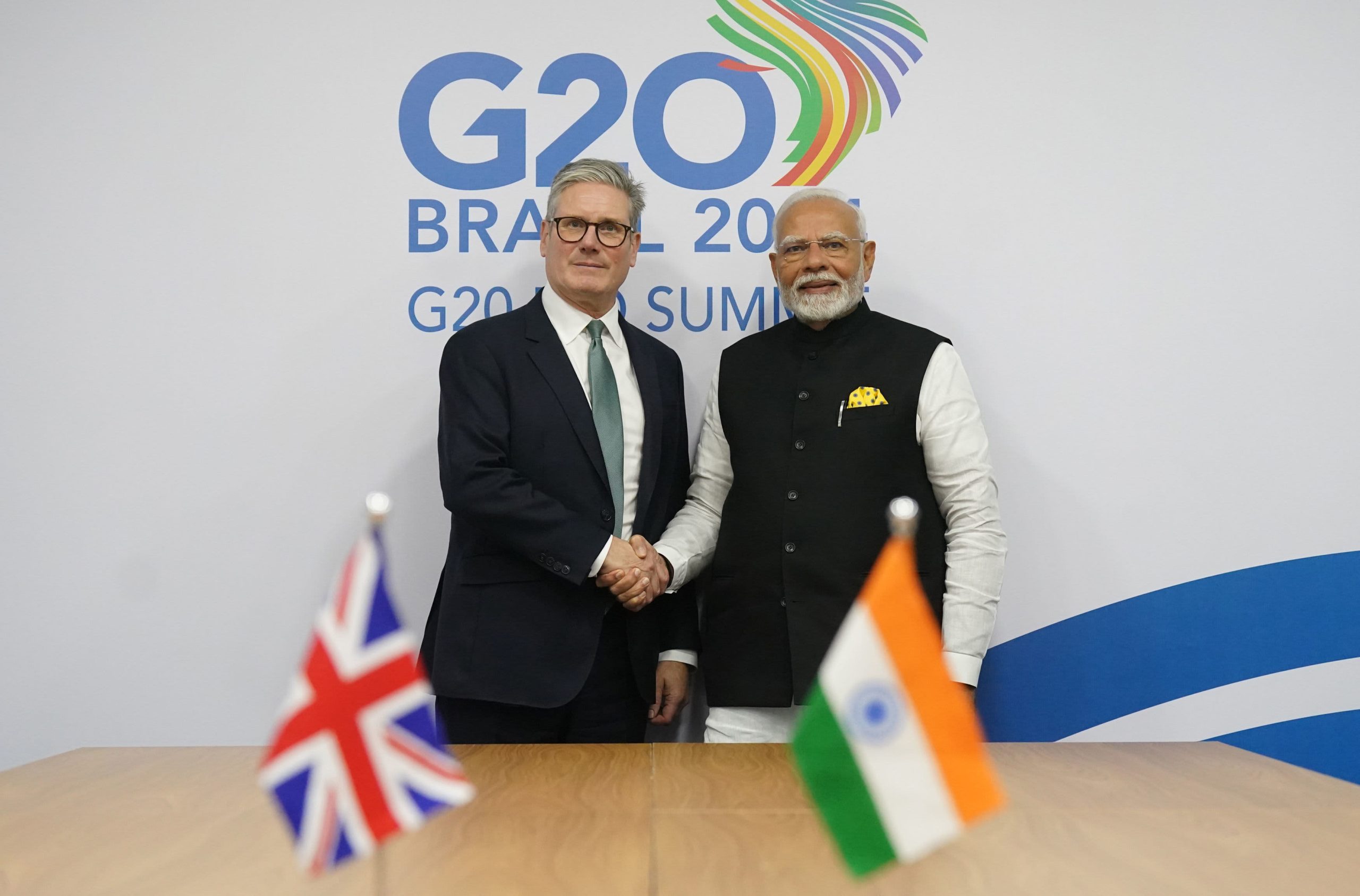
The global trade landscape is undergoing seismic shifts as nations scramble to adapt to escalating tariff wars and economic uncertainties. Against this turbulent backdrop, the recently inked trade deal between the United Kingdom and India emerges as a strategic masterstroke – what I’d call “economic demolition done right” if we’re sticking to construction metaphors. This agreement isn’t just about swapping whisky for textiles; it’s a blueprint for surviving Trump-era trade chaos while dodging debt pitfalls. Let’s break ground on why this matters.
The Blueprint: Tariff Demolition Crew at Work
This deal operates like my old Philly wrecking crew – systematically dismantling trade barriers with precision. The UK and India agreed to phase out import taxes on 90% of goods within ten years, a move that’ll send bilateral trade volumes skyrocketing faster than a crane operator on overtime pay. For Britain, it’s a post-Brexit lifeline – finally diversifying beyond EU dependence like a contractor needing multiple job sites. India gets to flood the UK market with textiles and generic drugs while British automakers and Scotch producers gain crucial relief from America’s tariff bulldozer. The numbers don’t lie: UK-India trade currently sits at £36 billion annually, but analysts predict 30% growth by 2030 thanks to these demolition efforts.
The Structural Reinforcements: Economic Shock Absorbers
What really makes this deal stand out is how it fortifies both economies against global trade quakes. India’s consumer-driven economy (with domestic consumption making up 60% of GDP) acts like seismic retrofitting – it’s naturally insulated from tariff tremors. Meanwhile, Britain gets access to India’s 1.4 billion-person market just as US trade tensions threaten its export sectors. The Scottish whisky industry alone could see tariffs drop from 150% to 30%, which translates to roughly £1 billion in additional exports. That’s not just pocket change – it’s the difference between keeping distilleries operational or watching them get foreclosed like my cousin’s construction business during the ’08 crash.
The Political Scaffolding: Secret Documents & Pragmatism
Here’s where things get interesting – the UK reportedly labeled negotiation documents as “secret” to avoid US scrutiny. That’s the trade equivalent of putting up construction screens so the foreman doesn’t see you taking extra coffee breaks. This political maneuvering reveals a hard truth: in today’s economy, survival means prioritizing cold hard cash over ideological alliances. India’s finance minister Nirmala Sitharaman nailed it when she said global turmoil is forcing “unlikely partnerships.” The UK-India deal proves countries can still pour economic concrete even when the geopolitical ground is shifting beneath them.
The takeaway? This agreement isn’t just another trade deal – it’s a masterclass in economic adaptation. By combining strategic tariff reductions with sector-specific protections and political pragmatism, the UK and India have built something that can weather the current storm of trade wars and debt crises. Other nations should take notes: in an era where economic bulldozers are flattening traditional trade routes, sometimes you need to demolish old barriers to construct new opportunities. Just remember – unlike my student loans, this deal actually has a payoff timeline.





发表回复